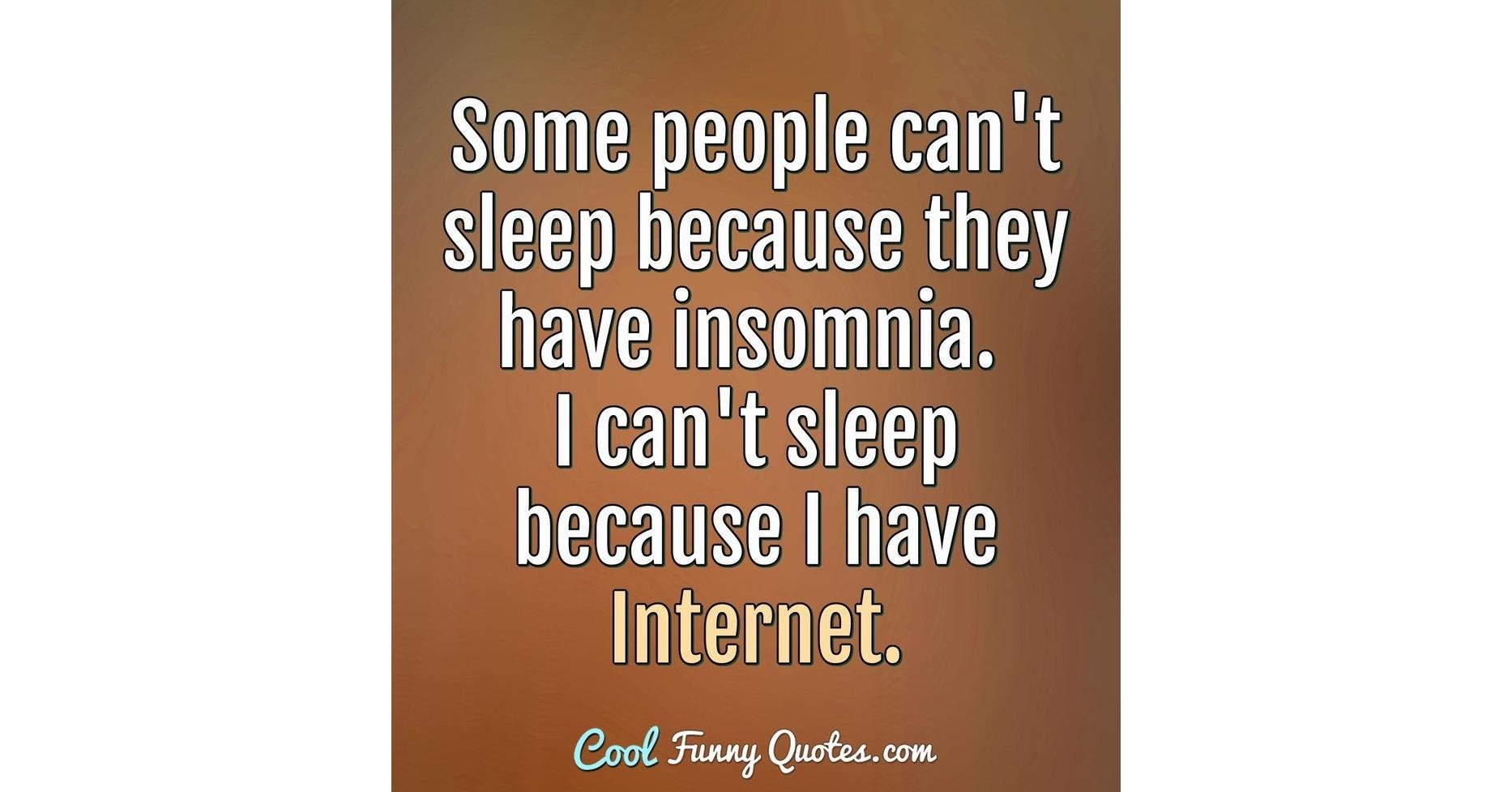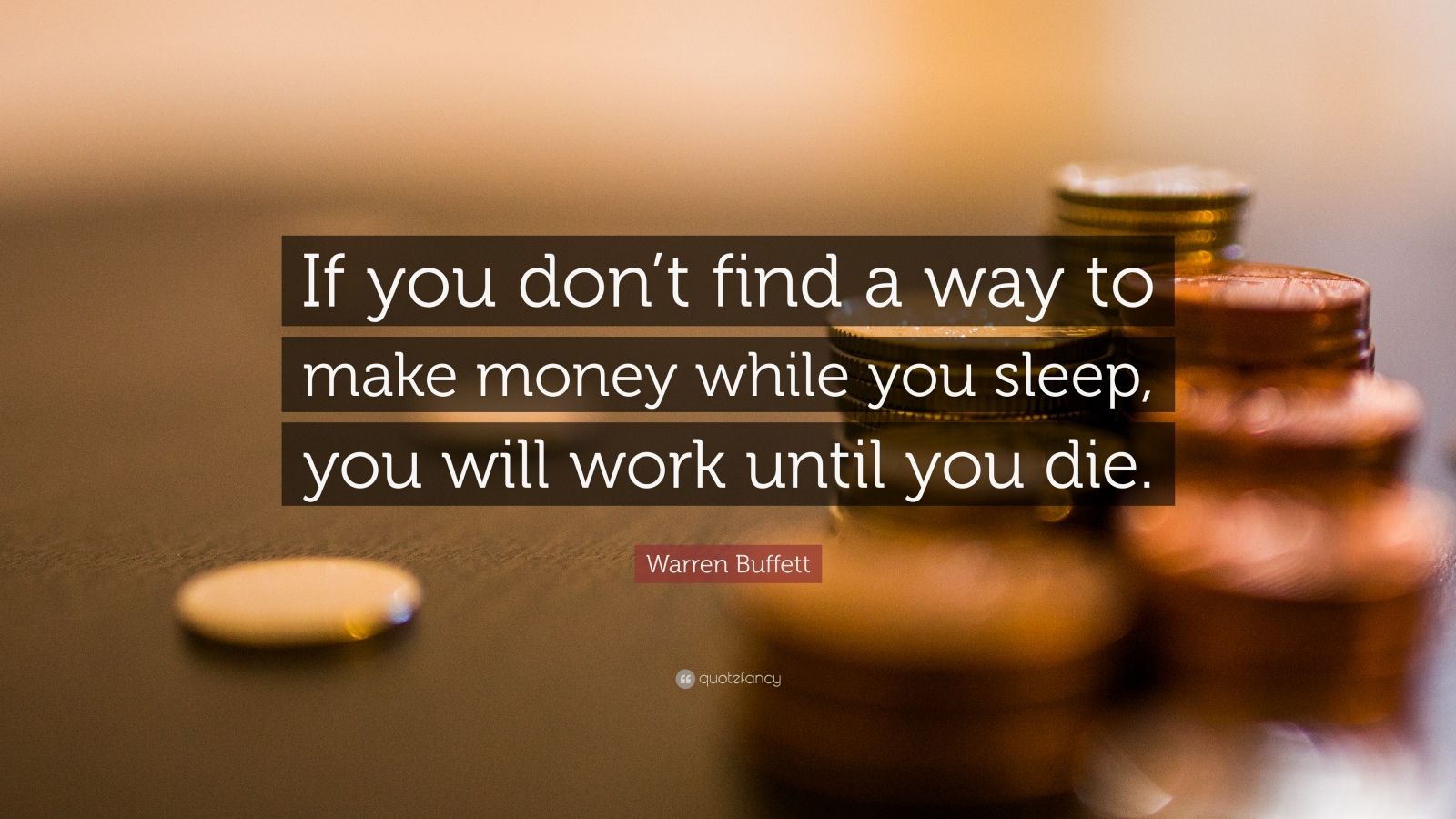
Sleep apnea occurs when the upper airway becomes completely or partially blocked, interrupting regular breathing for short periods of time - which then wakes you up. It may also be a marker of a more serious sleep problem called sleep apnea. Snoring can be a problem simply because of the noise it causes. The noise is produced when the air you inhale rattles over the relaxed tissues of the throat. Insomnia has many possible causes, including stress, anxiety, depression, poor sleep habits, circadian rhythm disorders (such as jet lag), and taking certain medications. Insomnia is a problem if it affects your daytime activities. They may have trouble falling asleep or may wake up frequently during the night or early in the morning. People who have insomnia don't feel as if they get enough sleep at night. Abnormalities related to this clock are called circadian rhythm disorders ("circa" means "about," and "dies" means "day").Ĭircadian rhythm disorders include jet lag, adjustments to shift work, delayed sleep phase syndrome (you fall asleep and wake up too late), and advanced sleep phase syndrome (you fall asleep and wake up too early). Light and exercise "reset" the clock and can move it forward or backward. It sits just above the nerves leaving the back of our eyes. This clock is a small part of the brain called the suprachiasmatic nucleus of the hypothalamus. Typically, people sleep at night - thanks not only to the conventions of the 9-to-5 workday, but also to the close interaction between our natural sleep and alertness rhythms, which are driven by an internal "clock."


Sleepiness puts you at greater risk for car wrecks and other accidents. When you're repeatedly interrupted and can't cycle normally through these types and stages of sleep, you may feel tired, fatigued, and have trouble concentrating and paying attention while you're awake. Stage 1 of NREM sleep is the lightest, while stage 4 is the deepest. During normal sleep, you cycle through REM and four stages of non-REM (NREM) sleep numerous times a night.


 0 kommentar(er)
0 kommentar(er)
